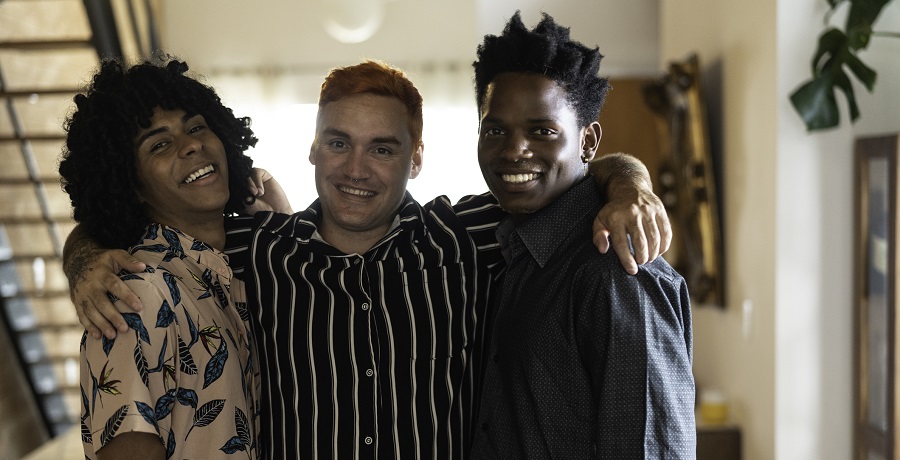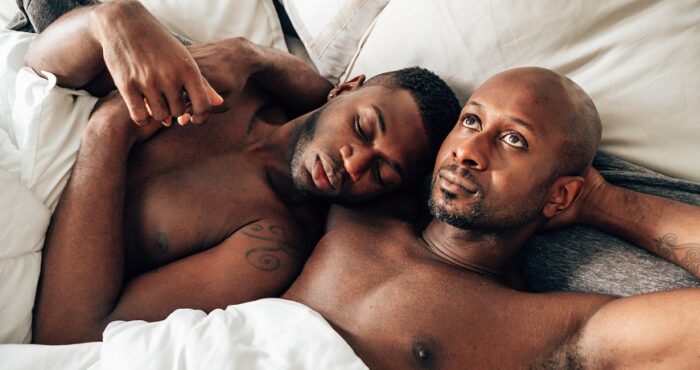Journey to “Polycapable”: Embracing Different Expressions of Love

Throughout human history, love has been celebrated and contemplated, adored and admonished. It’s an emotion that can lift us to the highest peaks of happiness or plunge us into the deepest valleys of despair. Traditionally, romantic love has been confined to a binary structure, a one-to-one interaction. But what if our hearts have room for more? And simultaneously, what if that space is also perfectly filled by one person? This is the journey to understanding the term ‘polycapable’.
My path to discovering the term ‘polycapable’ began when I realized that I could feel attracted to multiple people simultaneously. This realization seemed to contradict how I had ordinarily imagined myself with one, monogamous partner. This led me to question: Is it possible to truly love more than one person at the same time? Am I being unfaithful or unfair? These questions sparked a journey of self-discovery, introspection, and understanding.
In my quest, I stumbled upon the term ‘polyamory’, which refers to the capacity or desire to be in consensual, romantic relationships with more than one person concurrently. It resonated with my experiences, yet I also recognized that I could see myself being happily committed to a single person. This led to the realization that neither polyamorous nor monogamous fully described my identity, but instead polycapable.
Being polycapable means having the ability to thrive in both monogamous and polyamorous relationships. It’s about acknowledging one’s capacity to engage in diverse relationship structures and understanding that love, in its essence, is not a finite resource but an expansive possibility.
However, it’s crucial to mention that this revelation doesn’t undermine the significance of my initial understanding of myself as a pure monogamist. Monogamy has its own unique beauty and power. It also allows for deep connections, a shared history, and an intimate understanding of another person that can only come from years of exclusive emotional investment. It’s a testament to the human capacity to dedicate oneself fully to another, to build a life together, and to keep choosing each other, day after day.
Being polycapable simply means recognizing that love isn’t one-size-fits-all.
Love is as diverse and multifaceted as humanity itself. Depending on the right guy, and depending on the unique set of circumstances in a given relationship, I can imagine myself being in a polyamorous or monogamous relationship. For some, love manifests as a deep, exclusive bond with one person. For others, it blossoms into connections with multiple people simultaneously. And for those who are polycapable, it can be either, depending on where they are in their journey and who they’re choosing to take that journey with.
One significant difference between these journeys, however, is that polyamory, when practiced with intention and care, can often be more labor-intensive than one might initially assume. Take the issue of jealousy, for instance. This is a topic that frequently surfaces and I myself have spent so much time contemplating, each time requiring emotional labor for me to address, process, and communicate with partners.
I have to remember that feeling jealous doesn’t make me a bad person, nor does it mean I’m failing at being polycapable. It’s a common emotion that many people experience. What’s important is how it is handled. With empathy, patience, and open communication, it’s possible to navigate jealousy while maintaining healthy and fulfilling relationships.
I’ve learned that the first step in navigating jealousy is to communicate openly about it. It’s crucial to create a safe space where all parties involved in the relationship can express their feelings fully. By discussing feelings of jealousy, partners can work together to understand its root causes and find ways to alleviate it. Often, jealousy stems from feelings of insecurity or fear of being replaced. Regular reassurances of love, commitment, and respect can go a long way in assuaging these fears.
Navigating this path requires open communication, managing jealousy, and establishing boundaries. And when someone engages with polyamory without the care and attention that’s needed, I’ve also seen the conflict that often ensues. It requires a willingness to challenge societal norms and embrace an often misunderstood lifestyle. But most importantly, it requires honoring one’s feelings and living authentically. In return, I’ve been rewarded with the realization that I am fully capable of flexing in and out of different forms of relationship structures to meet my and my partner’s needs.
Love is not about fitting into a mold, but about breaking free from it. It’s about exploring, understanding, and celebrating our capacity to love, in all its beautiful, complex, and diverse forms. Regardless of whether we choose monogamy, polyamory, or somewhere in between, it’s this capacity for love that unites us all.










